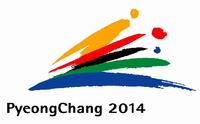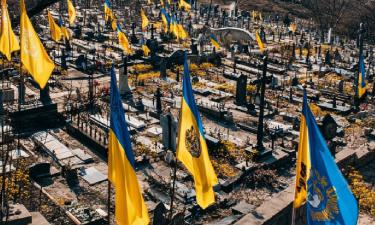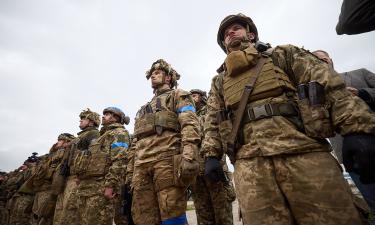South Korea's Pyeongchang shocked with Russia's victory to host Winter Olympics in 2014
The citizens of Pyeongchang reacted with quiet shock Thursday as their city failed in its bid to win the 2014 Winter Olympics, reliving the bitter memories of a disappointing defeat four years ago.

A crowd, which organizers estimated at about 1,900 people, had gathered from early morning in front of the city hall under cloudy skies to watch the much anticipated announcement from Guatemala on a big-screen television.
But when International Olympic Committee president Jacques Rogge said the Russian Black Sea resort of Sochi would host the games, the crowd reacted with stunned silence.
One or two people threw flags, emblazoned with "Pyeongchang 2014," onto the ground, but there was little anger and tears came quietly. People just started walking away, dispersing quickly and quietly.
Crates of celebratory beer set up behind the stage were left untouched. Workmen began taking down banners with inscriptions such as "Dreams of 2014" and "Yes, Pyeongchang."
"It's worse than four years ago, because this time we really thought we would win," said local restaurant owner Son Chang-min.
With the Austrian city of Salzburg eliminated in the first round, it was a duel between Pyeongchang and Sochi in the IOC's vote Wednesday in Guatemala City. Sochi finished with 51 votes to Pyeongchang's 47.
Pyeongchang, located 175 kilometers (110 miles) northeast of Seoul, led the first round with 36 votes, followed by Sochi with 34 and Salzburg with 25. Sochi picked up 17 votes in the second round to secure the victory.
Virtually the same thing happened four years ago, when Pyeongchang won the initial vote but came up short at the end to the western Canadian city of Vancouver. Salzburg, which also bid for 2010, was eliminated in the first round.
Despite the disappointment, some in Pyeongchang were not ready to give up.
"I feel proud, because we did all that we could do," said housewife Song Ji-won. "We should try again, because how can they say no three times."
Pyeongchang's 2014 bid received a positive report from the IOC's evaluation commission in early June.
The committee listed no significant weaknesses and highlighted the compactness of the venues - all 11 planned venues are within 30 minutes of each other. Four already are built, while construction on three others has started.
Home to 46,000 people, Pyeongchang is part of Gangwon Province, the only province to be split into two upon the division of the Korean peninsula after World War II. The North Korean Olympic Committee already had promised full cooperation if Pyeongchang won.
A successful Pyeongchang bid "would have contributed greatly to advancing South-North relations and establishing peace on the Korean peninsula," Vice Unification Minister Shin Eon-sang said Thursday at a regular press briefing in Seoul. "I think it's a great pity."
Pyeongchang had hoped to follow the example Seoul set in 1988 when it became the first mainland Asian host of the Summer Olympics. Earlier this year, South Korea won the right to stage the 2011 athletics world championships in Daegu and the 2014 Asian Games in Incheon.
"We really wanted the 2014 Olympics, everyone did," 13 year-old schoolgirl Kim Sung-ji said in Pyeongchang. "We got up at 4 a.m. to come here. It would have been so exciting."
Subscribe to Pravda.Ru Telegram channel, Facebook, RSS!





